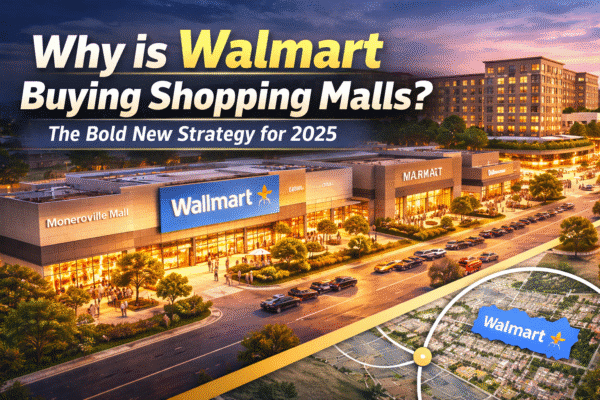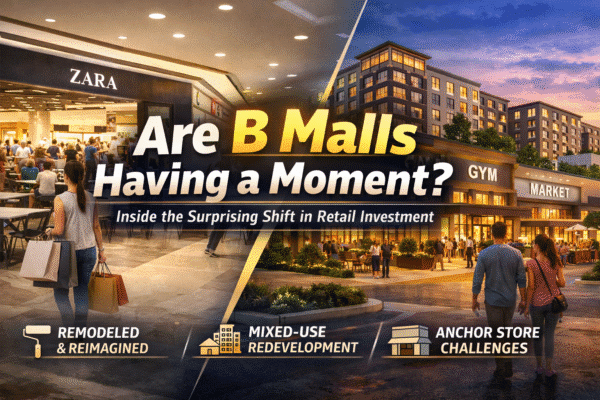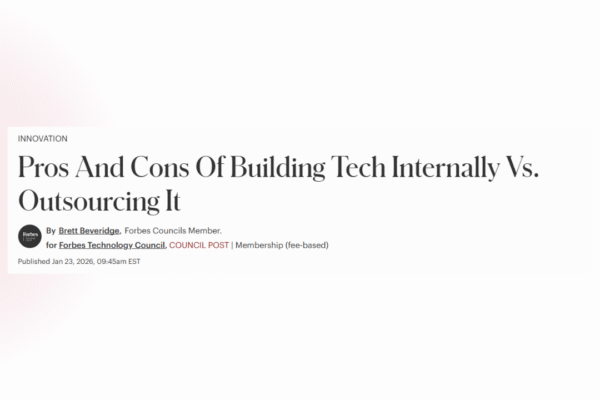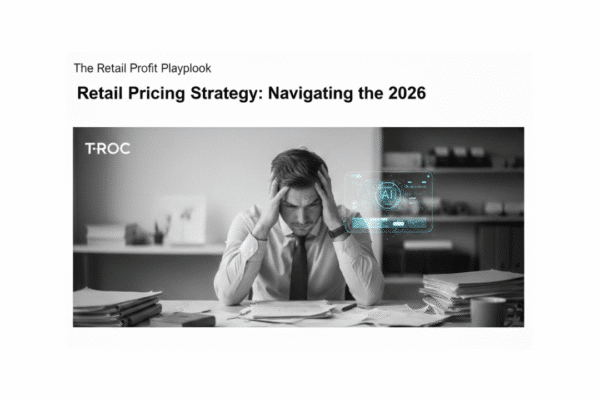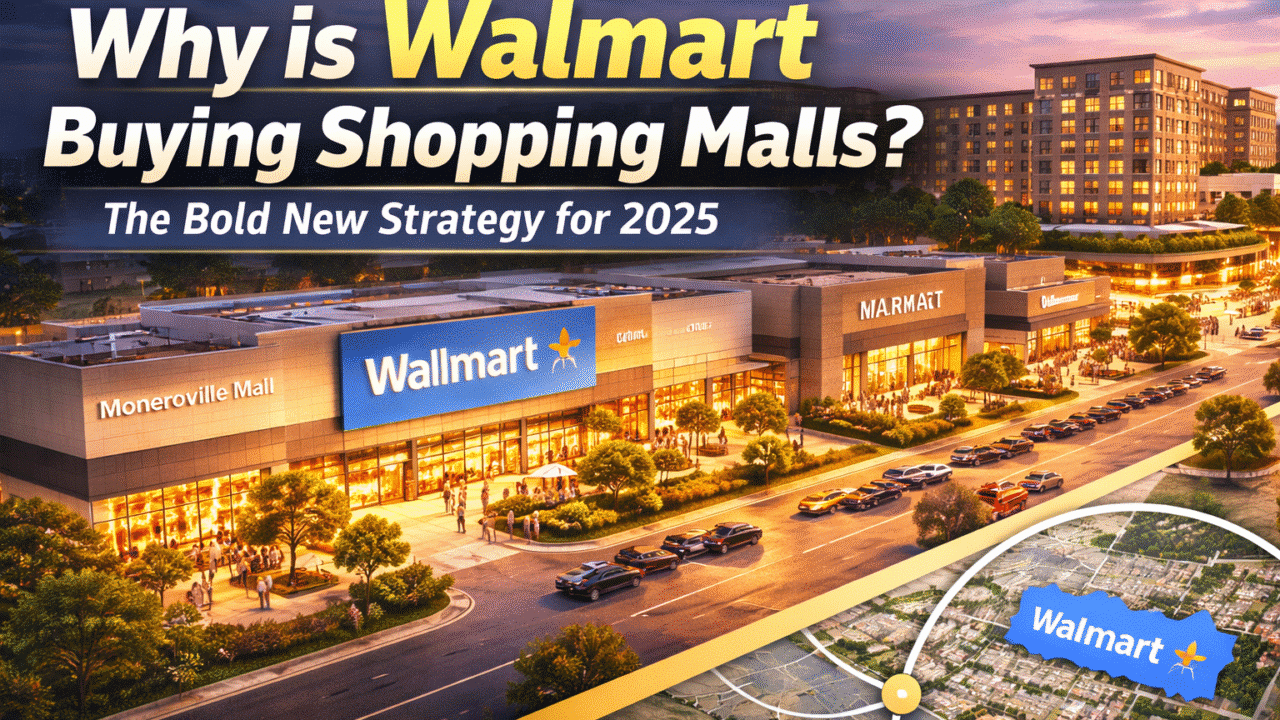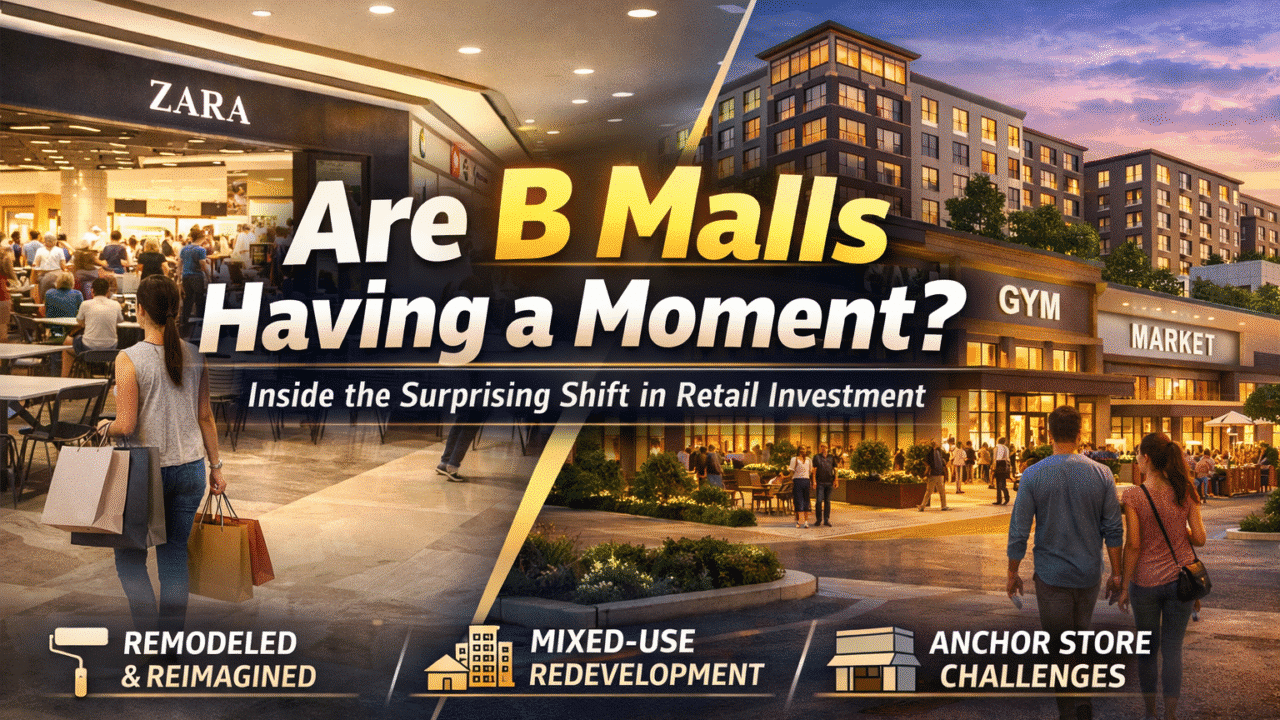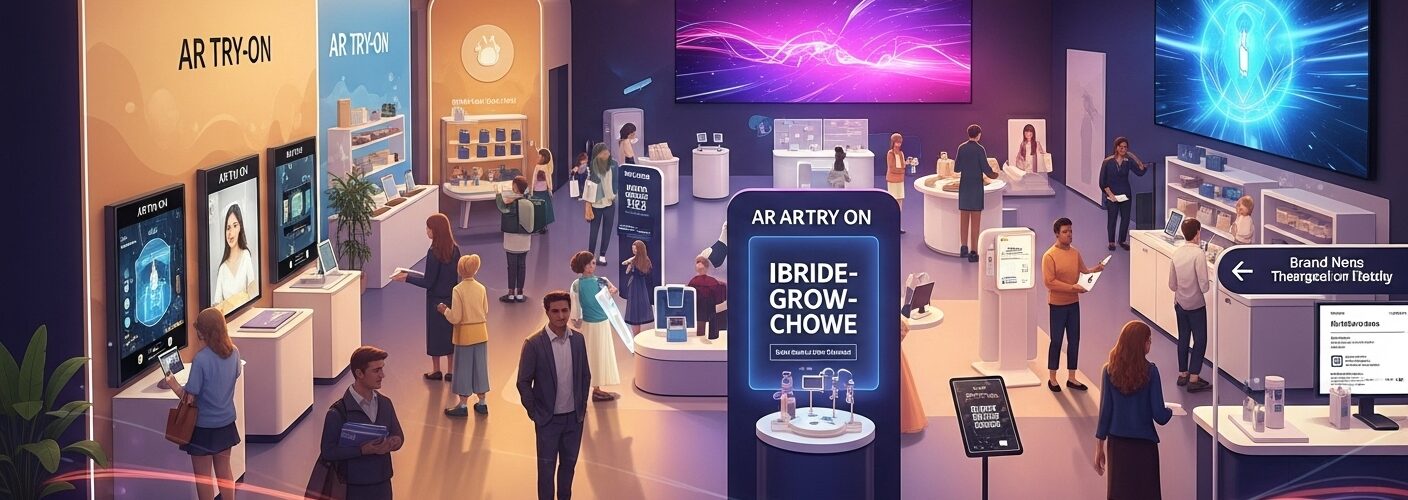
Experiential Retail Pop-Up Events: How Brands Create Experiences That Convert
Turning Pop-Ups Into Experiences That Build Loyalty and Drive Sales
Experiential retail pop-up events turn short-term activations into lasting impact. T-ROC helps brands bring stories to life through pop-up stores, events, and roadshows that perform.
The retail landscape has changed, and so have customer expectations. Shoppers no longer visit stores simply to make purchases—they’re looking for connection, creativity, and shared experiences. Across industries, experiential retail pop-up events have become essential strategies for brands aiming to turn curiosity into conversion.
The numbers tell the story. The global pop-up retail market reached $132 billion in 2024 and is projected to surpass $543 billion by 2025, growing at more than 15% annually. At the same time, 84% of marketers now consider experiential marketing a core component of their strategy. This surge reflects something deeper: consumers are craving authentic, memorable engagement after years of digital saturation.
T-ROC has seen this transformation firsthand. By helping brands create experiential environments that merge storytelling, technology, and human interaction, these temporary spaces become powerful business drivers—not just events.
Why Experiential Retail Pop-Up Events Work
A shift from transactions to experiences
The most forward-thinking retailers no longer measure success by transactions per square foot but by experiences per square foot. In an era where online convenience dominates, physical retail thrives when it delivers something digital channels can’t—emotion and connection.
From Nike’s House of Innovation in New York, where shoppers use AR customization bars to design sneakers in real time, to IKEA’s immersive Dining Club pop-up that turns guests into chefs, leading brands are proving that when customers participate, they buy—and remember. Research highlighted by Retail Dive shows experiential retail pop-up events can lift visits and sales by roughly 30%.
Consumers crave real-world connection
Even in a digital-first era, in-person shopping has resurged—especially among younger consumers. Nearly three-quarters of Gen Z shop in-store weekly, often viewing retail as an experience rather than a necessity. Forbes reports desire for in-person retail surpassed pre-pandemic levels in 2025. This is where experiential retail pop-up events excel: their temporary nature creates urgency, exclusivity, and excitement while satisfying the appetite for human connection.
How Brands Are Winning with Experiential Retail Pop-Up Events
Glossier’s apartment-style pop-up
Glossier mastered “Instagrammable retail.” Its Miami pop-up recreated a chic Art Deco apartment—teal accents, floral installations, curved banquettes—mirroring the brand’s identity. The Paris Fleur experience added interactive poetry displays and AI-powered art that reacted to visitor expressions. Capacity limits and exclusive merchandise made it feel special—inviting organic social buzz that lasted weeks. See coverage in Architectural Digest.
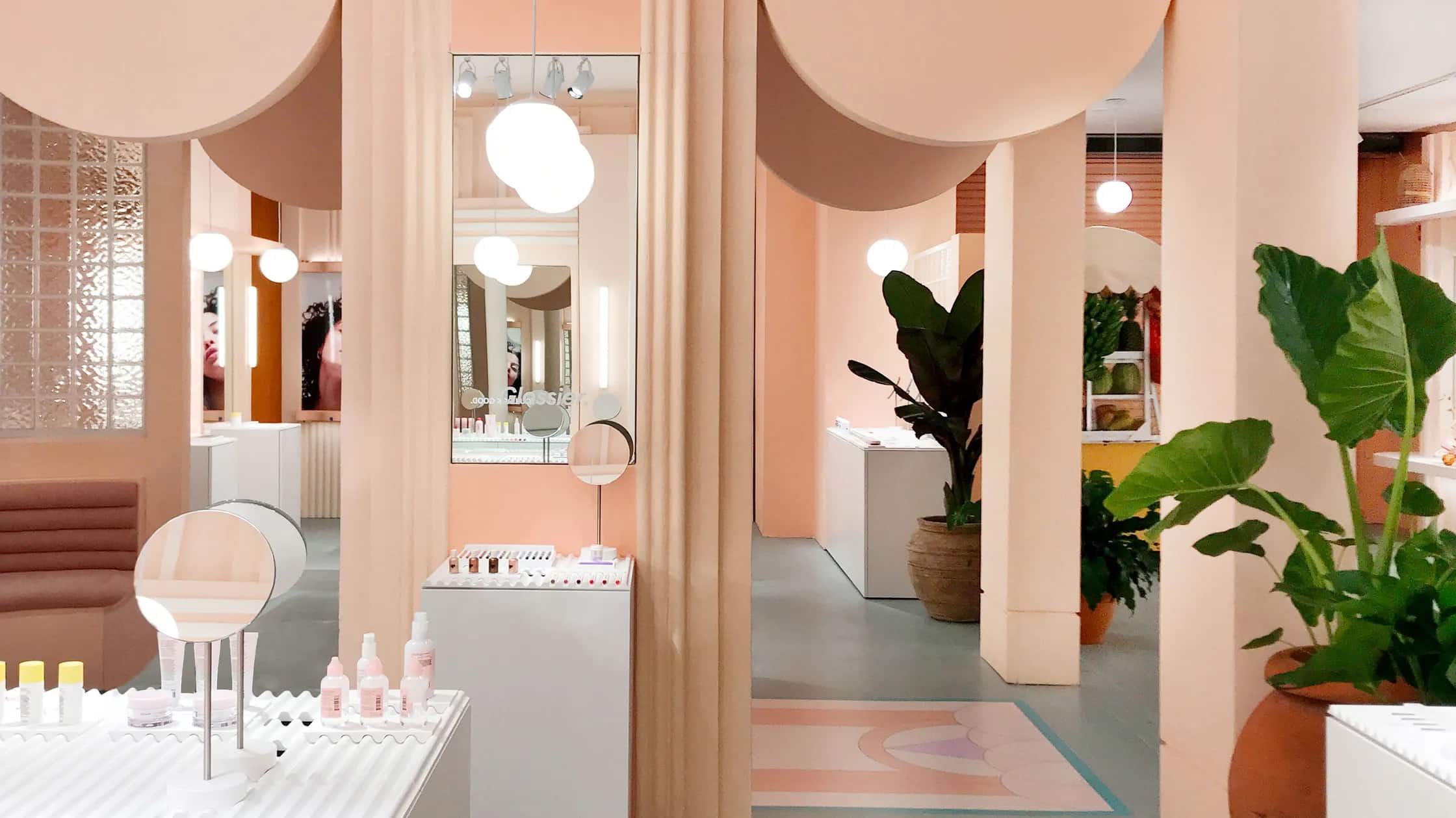
Nike’s AR-powered House of Innovation
Nike’s All Conditions Gear launch turned its flagship into an adventure zone. Through AR, visitors explored virtual landscapes and product features by scanning markers throughout the store. Challenges unlocked exclusive gifts and digital collectibles—an experience that embodied Nike’s message of creativity and exploration. Read more at Chain Store Age.
IKEA’s immersive dining club
IKEA took community-building further by letting guests become chefs. Visitors booked reservations to host private dinners—complete with sous chefs and menu guidance. The concept flipped the retail script: instead of selling furniture, IKEA sold participation, creativity, and memory. Additional context from Retail TouchPoints.
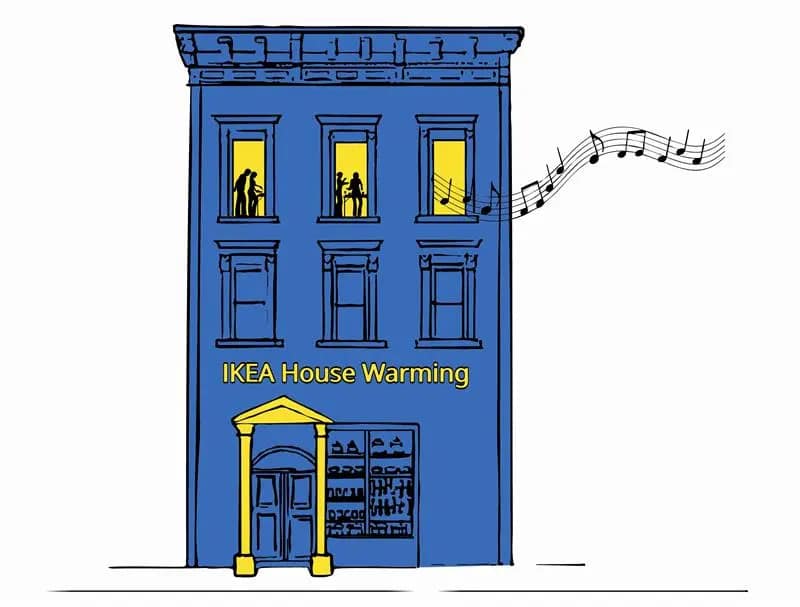
Lululemon’s Glow Up Studio
Lululemon turned wellness into theater—a pink-lit studio with fitness classes led by familiar instructors and DJ sets by Questlove. Between yoga flows, dance sessions, and meet-and-greet moments, the brand turned movement into connection and built a devoted following. Recap via The Knockturnal.
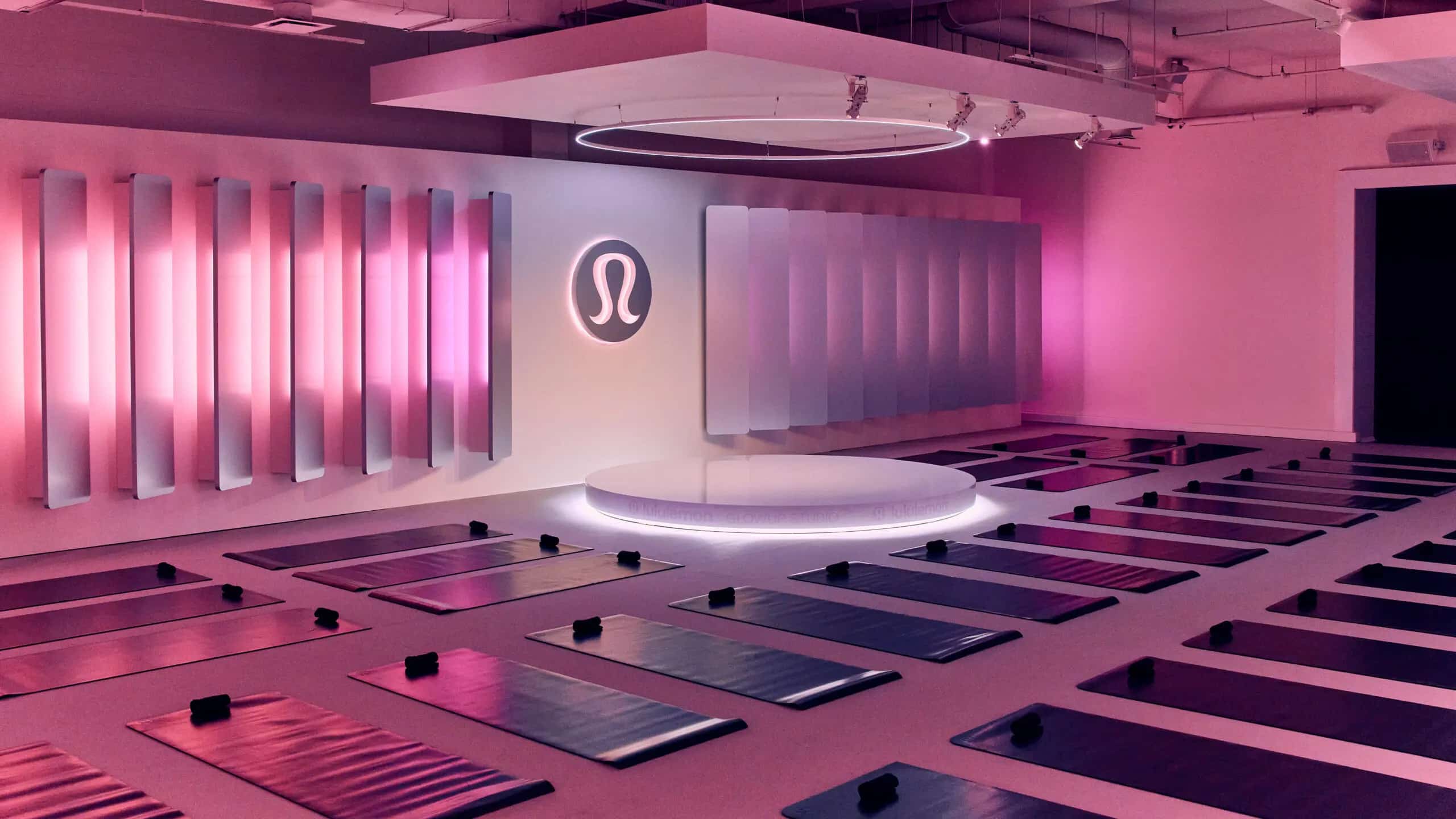
Each of these examples reinforces a truth T-ROC has witnessed across many activations: the best experiential retail pop-up events don’t just sell products—they build relationships.
The Elements That Make Experiential Retail Pop-Up Events Sell
1) Strong brand storytelling
A pop-up should feel like stepping into a brand’s personality. Every design decision—materials, colors, lighting, music—should echo the message customers already associate with the brand. Great storytelling doesn’t just display products; it invites guests to experience the “why.”
2) Interactive demos that build trust
Hands-on engagement shortens the path to purchase. Interactive demos let customers test, explore, or personalize products—building credibility and emotional buy-in, especially for higher-consideration items.
3) Social-ready design
Modern experiential retail pop-up events are dual-purpose: store and studio. Layouts should balance clear navigation with shareable moments—selfie backdrops, branded mirrors, and digital try-on areas that encourage organic content creation.
4) Real urgency, not gimmicks
Limited-time formats naturally create demand. Communicate real-time availability (“Only a few left today”) or tie offers to events (“Ends this weekend”) to drive action without eroding trust.
Learn More: T-ROC Pop-Up Stores, Events & Roadshows
See how T-ROC helps brands plan, staff, and operate experiential programs that feel great in person—and perform in the data.
Scaling Experiential Retail Pop-Up Events Across Markets
Pop-up success in one city is a start; scaling it across regions is strategy. Treat every activation as a learning lab.
Start with proven locations
High-traffic districts or shopping centers provide built-in visibility. These environments attract ready-to-buy consumers and deliver immediate insights into behavior. Collect both quantitative data (sales, dwell time) and qualitative feedback (staff observations, customer comments) to identify patterns worth replicating.
Use data to guide expansion
Track which elements—design, offers, messaging—drive performance. Metrics like conversion rates, engagement levels, and social mentions reveal what resonates across demographics. Findings shared by Martech Edge show brands that leverage these insights improve marketing effectiveness.
Leverage roadshows and wholesale club activations
Partnerships with retailers like Costco or Sam’s Club offer turnkey scaling opportunities—consistent traffic, infrastructure, and shopper trust. T-ROC supports logistics, staffing, and field management that keep every stop on schedule and on brand. For inspiration, explore T-ROC’s roadshow insights.
Partner locally to build authenticity
Local voices and causes matter. Collaborating with community organizations or nano-influencers creates genuine buzz and helps the experience feel rooted and relatable.
Tech That Brings Experiential Retail Pop-Up Events Together
- Augmented & virtual reality: Bring stories to life with immersive layers; examples via Vogue Business.
- Smart mirrors & kiosks: Offer 360° try-ons and instant info while generating behavioral data (Netguru).
- QR codes & mobile checkout: Bridge content and commerce; reduce lines with Square and wallet payments.
- Event apps & analytics: Increase engagement with live polls, maps, and games (EventMobi) and optimize daily.
Conclusion
Experiential retail pop-up events have evolved far beyond filling vacant storefronts. Today, they’re among the most effective ways for brands to connect authentically, test markets, and spark meaningful engagement.
The most successful activations blend emotion with execution—storytelling with data, and creativity with measurable results. T-ROC’s focus is helping brands bring their stories to life through experiential retail pop-up events that drive both connection and conversion.
Success isn’t about the activation itself—it’s about what it unlocks for the client: stronger relationships, richer insights, and lasting growth.
Book a Meeting
Share your goals and timelines. T-ROC will outline a practical plan for a pop-up, event, or roadshow that fits your brand and budget.

